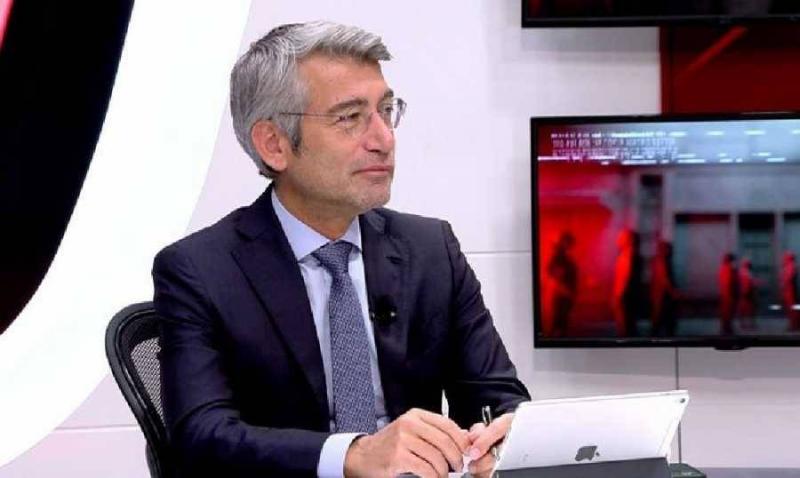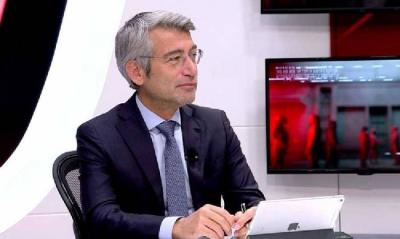Minister of Energy and Water in the caretaker government, Walid Fiad, clarified that the operation of the Zouk and Jiyyeh plants is halted while waiting for the Lebanese Electricity Company's consultation with the Audit Bureau, despite securing fuel B, which is cheaper than gas oil. He considered that the national interest demands consensus. In an interview with the “Naharakum Saeed” program on LBCI, Fiad mentioned that Electricité du Liban does not want to operate the plants without the Audit Bureau's opinion due to previous disputes with the operating company, in order to secure contract protection, noting that there has been no clear response from the Audit Bureau so far.
On another note, the Energy Minister revealed that according to the latest statistics, Lebanon operates with over 1,500 megawatts of solar energy, accounting for 20% of energy consumption, and indicated that by 2030 it could reach 40%. He stated: "There are 11 licenses for renewable energy plants, and CMA CGM has purchased two licenses and has begun studies to build two renewable energy plants by early 2025."
Additionally, Fiad proposed that Qatar Energy and Total Energies buy the remaining nine licenses, suggesting that the government should allow, according to the law, an increase in the megawatts for renewable energy. On another topic, he confirmed that the blocks in Lebanese waters are important, as indicated by some companies, especially block 9, which remains promising. Regarding the chemical materials in Tripoli and Zouk, the Energy Minister assured that they are awaiting the completion of tenders for their removal, reassuring that they do not pose a danger to public safety but must be removed.




